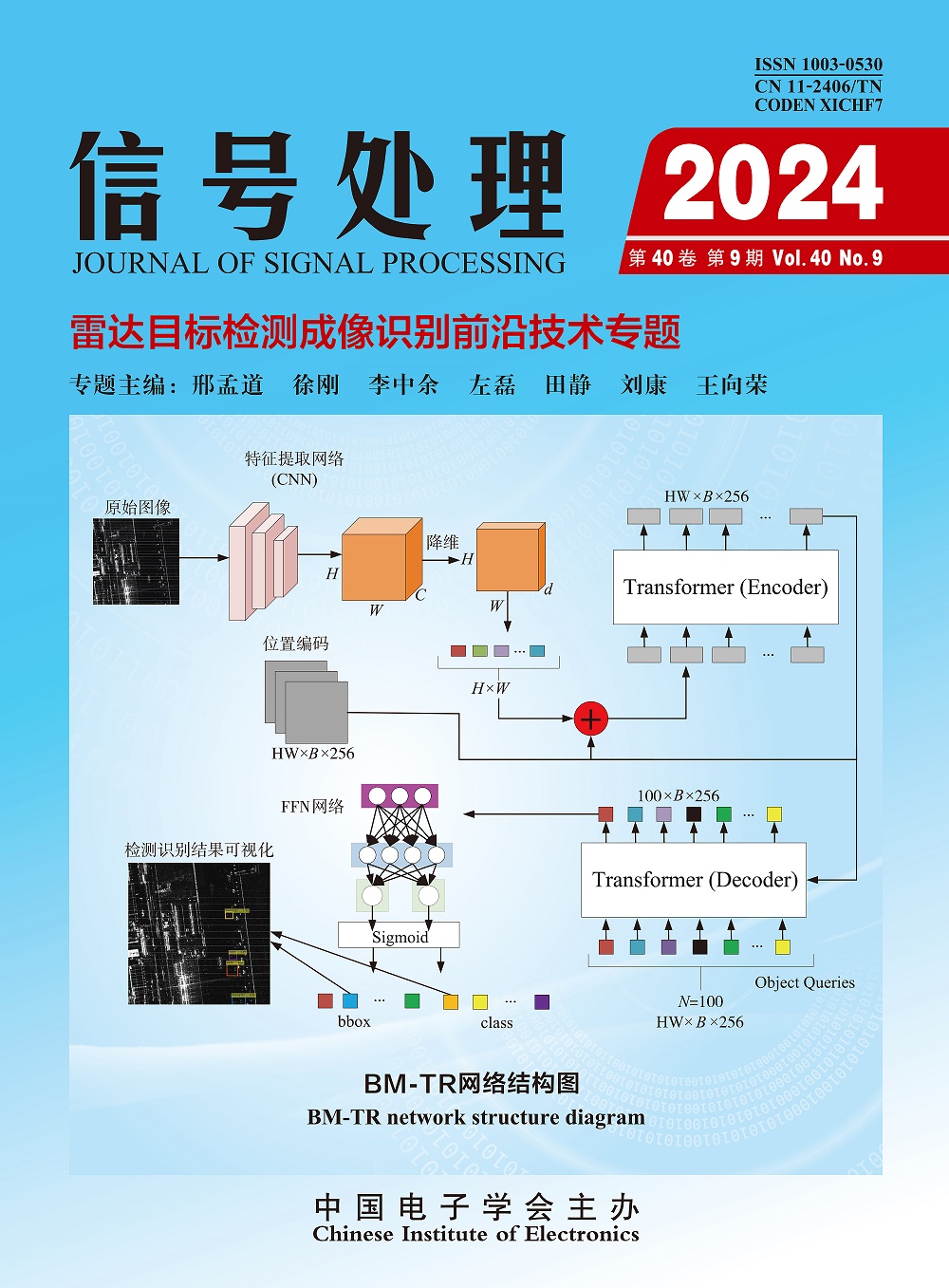射电望远镜阵列增益分解方法
引用次数: 4
摘要
在射电望远镜阵列中,复杂的接收机增益和传感器噪声功率最初是未知的,必须进行校准。增益校准提高了天文天空图像的质量,并且提高了某些射电望远镜相控阵数据处理技术的有效性,如无线电干扰(RFI)抑制和波束形成。提出了几种封闭形式和迭代复增益估计方法。对这些方法进行了分析,并与估计增益方差的Cramer-Rao下界进行了比较。用模拟数据和望远镜观测数据对模型进行了验证。本文章由计算机程序翻译,如有差异,请以英文原文为准。
Gain decomposition methods for radio telescope arrays
In radio telescope arrays, the complex receiver gains and sensor noise powers are initially unknown and have to be calibrated. Gain calibration enhances the quality of astronomical sky images and moreover, improves the effectiveness of certain radio telescope phased-array data processing techniques, such as radio interference (RFI) mitigation and beamforming. We present several closed form and iterative complex gain estimation methods. These methods are analyzed and compared to the Cramer-Rao lower bound for the variance of the estimated gain. The models are tested both on simulated data and on observed telescope data.
求助全文
通过发布文献求助,成功后即可免费获取论文全文。
去求助
来源期刊
自引率
0.00%
发文量
5812
期刊介绍:
Journal of Signal Processing is an academic journal supervised by China Association for Science and Technology and sponsored by China Institute of Electronics. The journal is an academic journal that reflects the latest research results and technological progress in the field of signal processing and related disciplines. It covers academic papers and review articles on new theories, new ideas, and new technologies in the field of signal processing. The journal aims to provide a platform for academic exchanges for scientific researchers and engineering and technical personnel engaged in basic research and applied research in signal processing, thereby promoting the development of information science and technology. At present, the journal has been included in the three major domestic core journal databases "China Science Citation Database (CSCD), China Science and Technology Core Journals (CSTPCD), Chinese Core Journals Overview" and Coaj. It is also included in many foreign databases such as Scopus, CSA, EBSCO host, INSPEC, JST, etc.

 求助内容:
求助内容: 应助结果提醒方式:
应助结果提醒方式:


